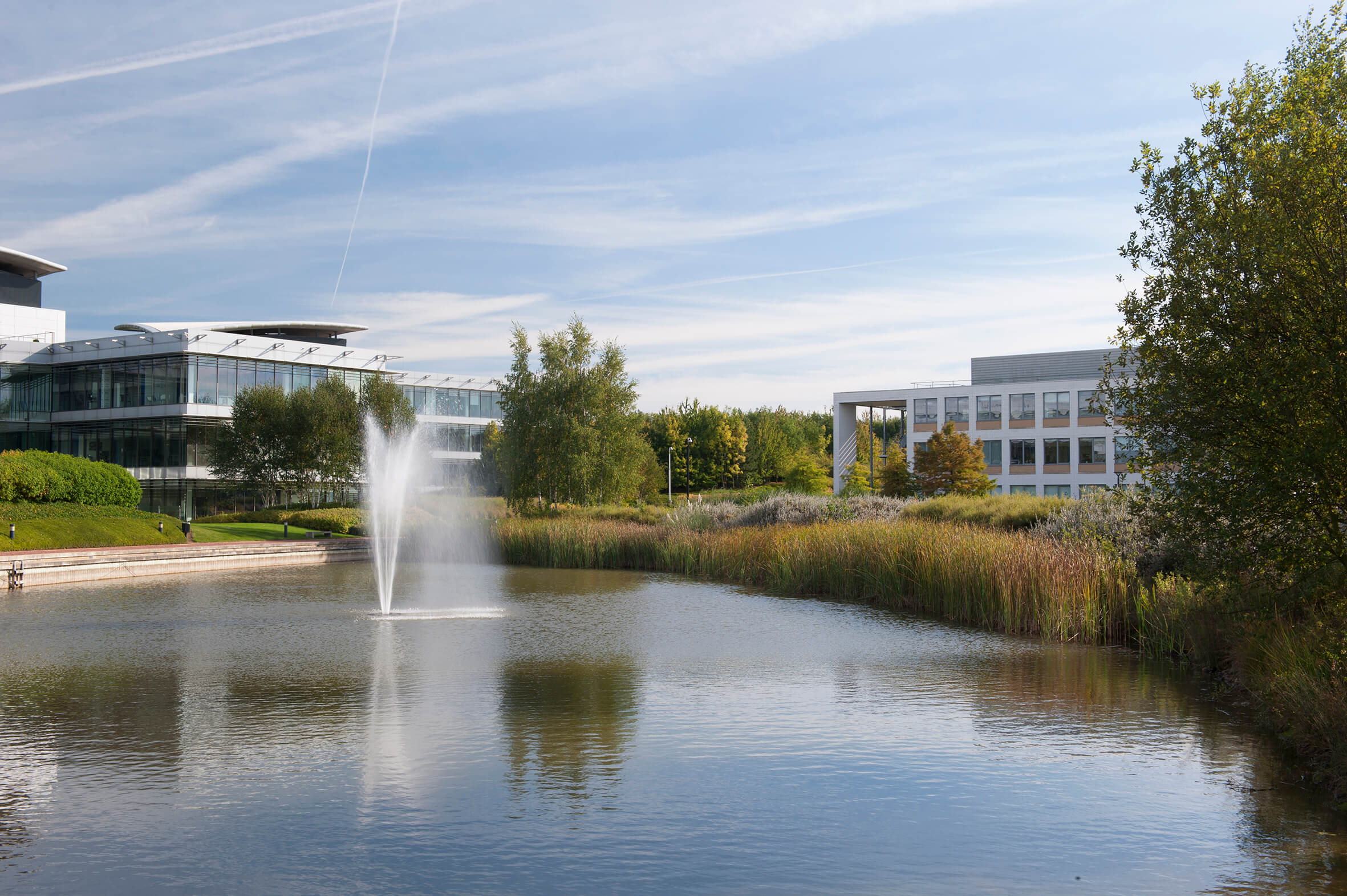Schengen Area
Critical minerals, policy, and the energy transition
Facilitating market development across the Schengen Area
Facilitating market development across the Schengen Area, comprising 27 European countries that have abolished internal border controls presents significant opportunities to enhance economic integration, mobility, and sustainable growth throughout Europe. By enabling seamless cross-border movement of goods, services, investments, and people, the Schengen framework reduces transaction costs, strengthens market efficiency, and promotes deeper collaboration across sectors such as logistics, tourism, advanced manufacturing, digital innovation, agriculture, energy, and critical minerals essential for Europe's energy transition and technological competitiveness. Through harmonised regulatory standards, strategic infrastructure investments, and enhanced connectivity, the Schengen Area encourages robust public-private partnerships, supports innovation, and fosters inclusive economic growth. Ultimately, facilitating market development within the Schengen Area creates a dynamic, integrated marketplace that enhances economic resilience, resource security, and sustainable prosperity across Europe.
Schengen Area members
The Schengen Area consists of 23 EU Member States and 4 EFTA countries. It is a zone within Europe where internal border checks are eliminated, allowing for the free movement of people. Named after the 1985 Schengen Agreement signed in Luxembourg, it includes most European Union countries except Ireland and some newer members, along with non-EU countries like Norway, Switzerland, Iceland, and Liechtenstein. The area facilitates easier travel and business operations and includes a harmonized visa policy for short stays. Members cooperate on police, judicial, and security matters to maintain safety without internal borders.
Bulgaria, Cyprus, Ireland, and Romania are members of the European Union but do not participate in the Schengen Area.
Starting from March 31, 2024, air and sea border controls between Schengen member states and Bulgaria and Romania will cease, but land border checks will continue.


Meet the Critical Minerals team
Trusted advice from a dedicated team of experts.

Henk de Hoop
Chief Executive Officer

Beresford Clarke
Managing Director: Technical & Research

Jamie Underwood
Principal Consultant

Ismet Soyocak
ESG & Critical Minerals Lead

Rj Coetzee
Senior Market Analyst: Battery Materials and Technologies

How can we help you?
SFA (Oxford) provides bespoke, independent intelligence on the strategic metal markets, specifically tailored to your needs. To find out more about what we can offer you, please contact us.

























